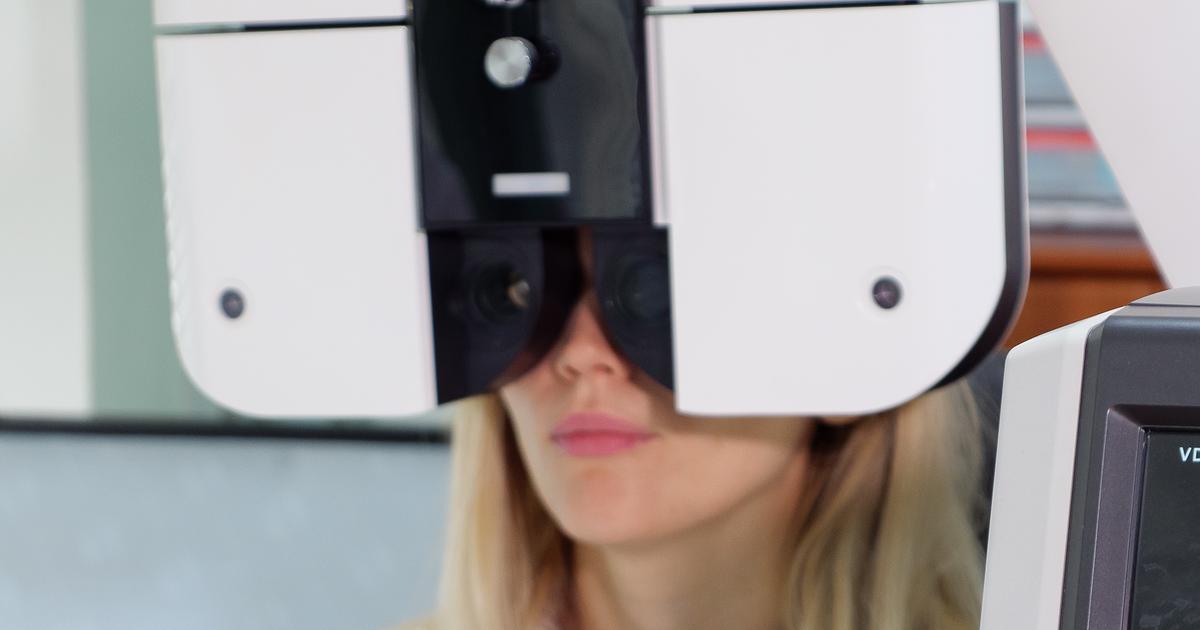What Are The Side Effects Of Anxiety Medication?
Issues Sleeping
Anxiety medication can sometimes cause issues sleeping, but at the same time, anxiety itself is well-known for causing sleep issues. If a patient's anxiety medication causes drowsiness, it can disrupt their overall sleep schedule. Varying medications can affect an individual's sleep and wake cycle. They might also give patients strange dreams or make them more likely to wake up in the middle of the night. If a patient's medication is making them so restless that sleep feels impossible, they should talk to their doctor.
With that said, the first thing to do is always to practice good sleep hygiene. Rather than lying in bed awake, if individuals are not asleep within twenty minutes, they should get up and do something relaxing, then try to sleep again. They should also keep the bedroom cool and lights dark or dimmed. If you can, reduce or eliminate outside noises. Individuals who live in noisy areas should consider using a white noise machine or headphones to reduce the amount of distracting noise filtering in. Some individuals also say that they benefit from journaling before bed, putting all their worries for the day down on paper to keep them out of their heads.
Discover additional anxiety medication side effects now.
Blurry Vision

Blurry vision is one of the most common ocular effects of anxiety medication, especially when patients are taking selective serotonin reuptake inhibitors (SSRIs) to combat anxiety. SSRIs are the most commonly prescribed antidepressant and anxiety medication. They can cause trouble with near focusing because they affect the way the pupil functions, which then affects the way the eye perceives light. One of the most common places patients notice this is when they try to read. Focusing on the text on a page might be difficult, and they might need larger print than they did before. Patients who notice this tend to be younger, and they might need to use reading glasses. The blurry vision can usually be corrected, and on its own doesn't tend to be cause for concern. However, the changes in vision can become more serious or even debilitating if the patient already has another eye condition. Individuals with dry eye or glaucoma may find that the focusing issues from SSRIs severely impair their vision.
Keep reading to reveal more side effects associated with anxiety medication now.
